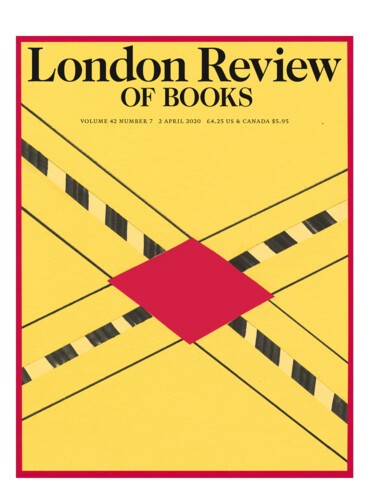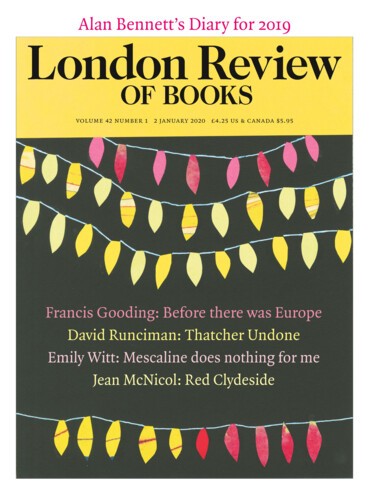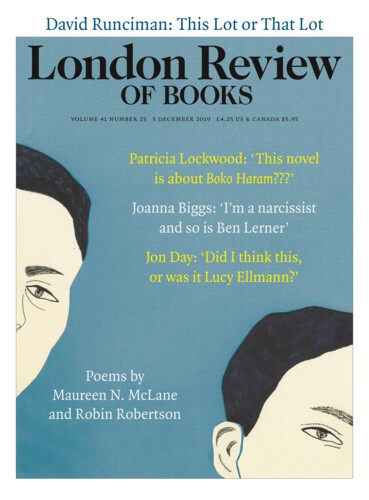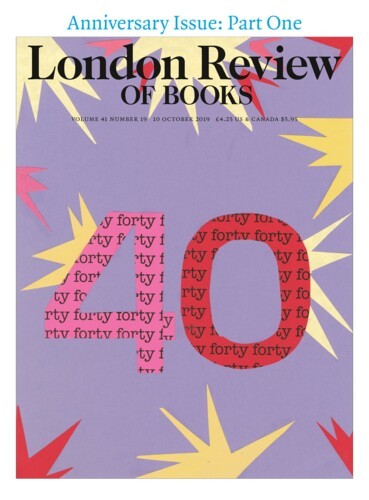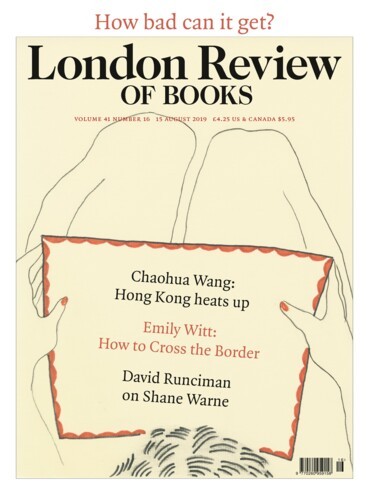Now, in the aftermath of December’s general election, the story has come full circle. Faced with Boris Johnson’s Brexit-driven leadership of the party, both Major and Heseltine found themselves unable to support the Conservatives, with Heseltine going so far as to suggest that people vote Liberal Democrat instead. Months earlier, Major had been involved in a lawsuit that accused the sitting Conservative prime minister of having abandoned the constitution. All this would have confirmed Thatcher in her belief that the two men were traitors to the cause. Seeing them routed by Johnson’s overwhelming victory, along with all the other faint-hearts, Europhiles, elitists, lawyers and other metropolitan types, would have given her great pleasure. Her vision of Britain as a Singapore off the coast of Europe no longer has to be hidden. Some, indeed, hope it will soon become official government policy. Yet anyone who wants to see the coming Johnson administration as continuity Thatcherism should bear in mind that what is being channelled today is not Thatcher’s own record in office, but her views after she stepped down.
Margaret Thatcher: The Authorised Biography Vol. III: Herself Alone by Charles Moore. Her vision of Britain as a Singapore off the coast of Europe no longer has to be hidden. Some, indeed, hope it will soon become official government policy. Yet anyone who wants to see the coming Johnson administration as continuity Thatcherism should bear in mind that what is being channelled today is not Thatcher’s own record in office, but her views after she stepped down, which were different and much more uncompromising. Post-prime ministerial Thatcher was not the same person she had been as PM.
